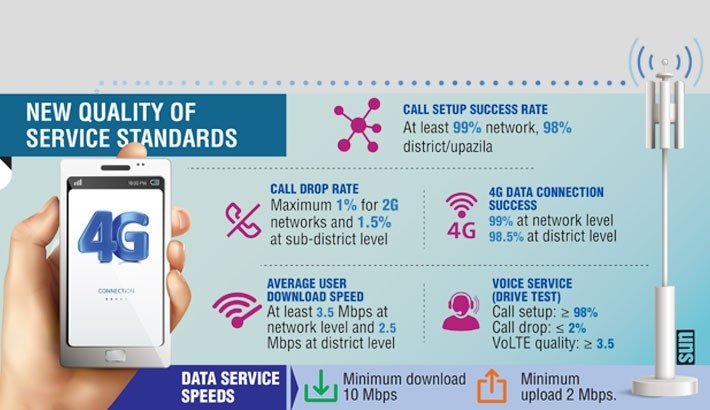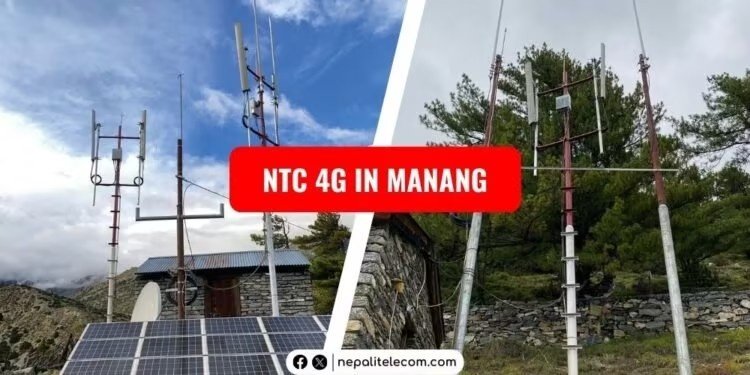Elon Musk’s Starlink has officially launched in Yemen, sparking opposition from Iran-backed Huthi rebels in a country deeply affected by civil war. Announced via Musk’s social media platform X, Starlink aims to provide high-speed internet through its network of low Earth orbit satellites, even in remote or war-torn areas like Yemen.
Yemen, notably underdeveloped, is the first Middle Eastern country to access Starlink, which requires users to set up a dish and router. The service is available across the nation, including in government-controlled territories and Huthi-held regions like the capital Sanaa and parts of the Red Sea coast.
The Huthi-controlled communication ministry has publicly denounced the service, labeling it a “direct threat to Yemeni national security” and alleging it compromises citizens’ privacy and data protection.
This backlash aligns with the Huthis’ historical actions against internet freedom, as evidenced by previous international appeals led by rights groups like Article 19, urging the Huthis to stop internet shutdowns and censorship.
The controversy escalated with Huthi official Mohammed al-Bukhaiti condemning the launch as part of America’s broader conflict with Yemen, a sentiment echoed in his response to the US embassy’s post celebrating Yemen’s full access to Starlink.
Amidst this backdrop, the US and UK have conducted strikes against Huthi targets in response to their attacks on maritime routes in the Red Sea, crucial for global trade, said to be in solidarity with Palestinians.
Despite these challenges, Yemen’s internationally recognized government officially approved Starlink’s introduction last month, hoping to improve the dire infrastructure and communications conditions worsened by ongoing conflict, which the UN attempted to mitigate with a six-month truce negotiated in 2022.















